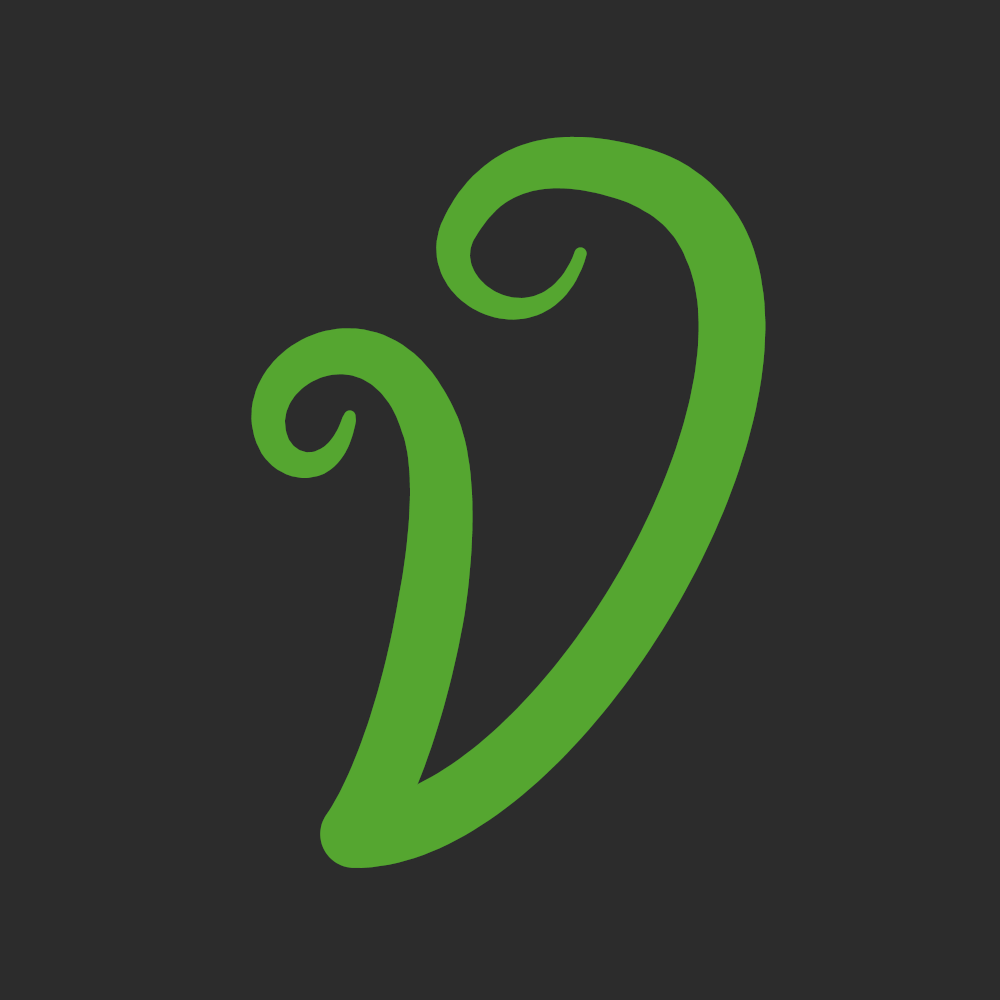One of my crabby old person pet peeves is kids these days ending statements with question marks? I get that they’re afraid of periods and they don’t want to look like my generation using ellipses constantly (which I am glad about), but half the time I cannot tell if someone is asking a question or making a statement and randomly using a question mark, and it can very much change the meaning of their comment. We need something more open-ended for these people.
I would love a certainess punctuation. I had a DND character based on the less wrong forum that added percentages of certainess of things they’ve learned.
So like “the wizard says he is 20. [30%]” and “the wizard says he is a wizard [90%]”
I wish English had a word like the German “doch,” to answer questions like “you’re not afraid?”
If you said “doch” in response to that question, how would you translate what happened to an English speaker?
“Doch” is used to negate a negative question. So basically you are saying “Yes, I am afraid.”, but in one word. (Or is the correct negation “No, I am afraid.”? It’s really very confusing in English.)
English actualy did have terms for that, they just got a bit bastardised with “yea” and “nay” dropping out of common speech:
Will they not go? — Yes, they will.
Will they not go? — No, they will not.
Will they go? — Yea, they will.
Will they go? — Nay, they will not.
That’s neat. Makes me wonder, if we had another word for Nein in German as well at some point. If so, I’m sad we dropped it.
It’s always nice to learn the ways English and German diverged at some point, like English dropping the -st ending for verbs for the second person singular. I. e. “thou hast” (“du hast”), “thou thinkest” (“du denkst”).
I would love a combination of “?” and “,”. This would allow me to mark a specific part of a sentence as a question.
I’ve done this before. Example
I was going somewhere yesterday, the bank?, when I saw…
It’s also fun to interject bangs into sentences too
I was so convinced that I was going to die!, but I ended up just fine.
Ultimately, I feel that if language is descriptive and not ambiguous it is legitimate English.
A sentence which embeds a question is a run-on sentence.
We speak in run-on sentences.
Either the whole thing is a question or you need to break it up.
I’m curious if you can convince me otherwise though!
Punctuation to mark sarcasm would be rather helpful in text.
sure it would
That’s a fabulous idea ⇅
A sarcastimark, if you will
Pause interrogatives and interrogative starting marks - aka ,? and ¿
Interrogative starting marks are extremely useful for clarity and pause interrogatives better align with natural speech.
Eh buddy, me and Bob were thinking of heading down to Timmes. ¿Do you want to come,? there’s a sale on the chili.
!Yes, please!
Here, ¡¡¡¡, you can have some of mine. I barely use them these days anymore.
I’ve always liked § and ¶. I also don’t see people using ≈ and ~ in context enough. They’re fun to write.
Edit: Almost forgot this guy, too: ‽
The noble interrobang will one day shine like the star it is.
To express a range of numbers, Korean (and likely other Asian languages) will use a tilde instead of a dash or hyphen. To me, that better expresses that we’re talking about an indeterminate value or a range. Especially when we use ~ for “about”, as in ~$20 for something that costs $17.99 before tax, for example.
Dining out costs like 20~40 dollars per person!
Whereas “20-40” looks too similar to a subtraction equation or a hyphenated word to me.
USA English also uses ~ before a number to signify “about” in informal contexts. “It costs ~$20”.
Chemistry has a weird one for this: “ca. 20 mL” means “about 20 mL” and I never found out why.
Circa?
Maybe, I usually only hear that in relation to time / maybe I’m not remembering it right, or maybe chemists apply it to amounts as well
≈ is what my math classes use
In properly formatted text, you use en dash for ranges.
En dash: 20–40
Hyphen: 20-40
Some (most?) modern text editors will substitute two hyphens with an en dash, so you can easily generate them by typing
--.(I get your point though! Just wanted to point out that there are much nicer and more appropriate glyphs than the hyphen.)
A parentheses-like mark to group parts of a sentence when it’s not clear which part a word belongs to. An example I saw lately that may not translate very well: “You are required to arrive an hour early so there’s time to do x, do y and do z”. Are you required to do y and z or do you just need the extra time to do them? You can usually tell from context but this type of mixup does happen sometimes.
English would benefit from using tilde and other inflection marks, especially to help non natives predict syllable stress.
Having words from multiple languages integrated into English means it’s difficult to predict how words will be pronounced.
Yeah, English using accents to mark stress would be very useful
¿
When reading out loud it’s helpful to know right awsy that the sentence you’re starting is a question.
I really like that in a longer sentence, you can tell exactly where the question part starts.
That would be a good feature to have, ¿ wouldn’t it?
I feel like the interrobang ‽ is highly underutilised.









